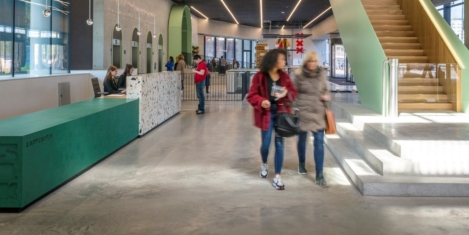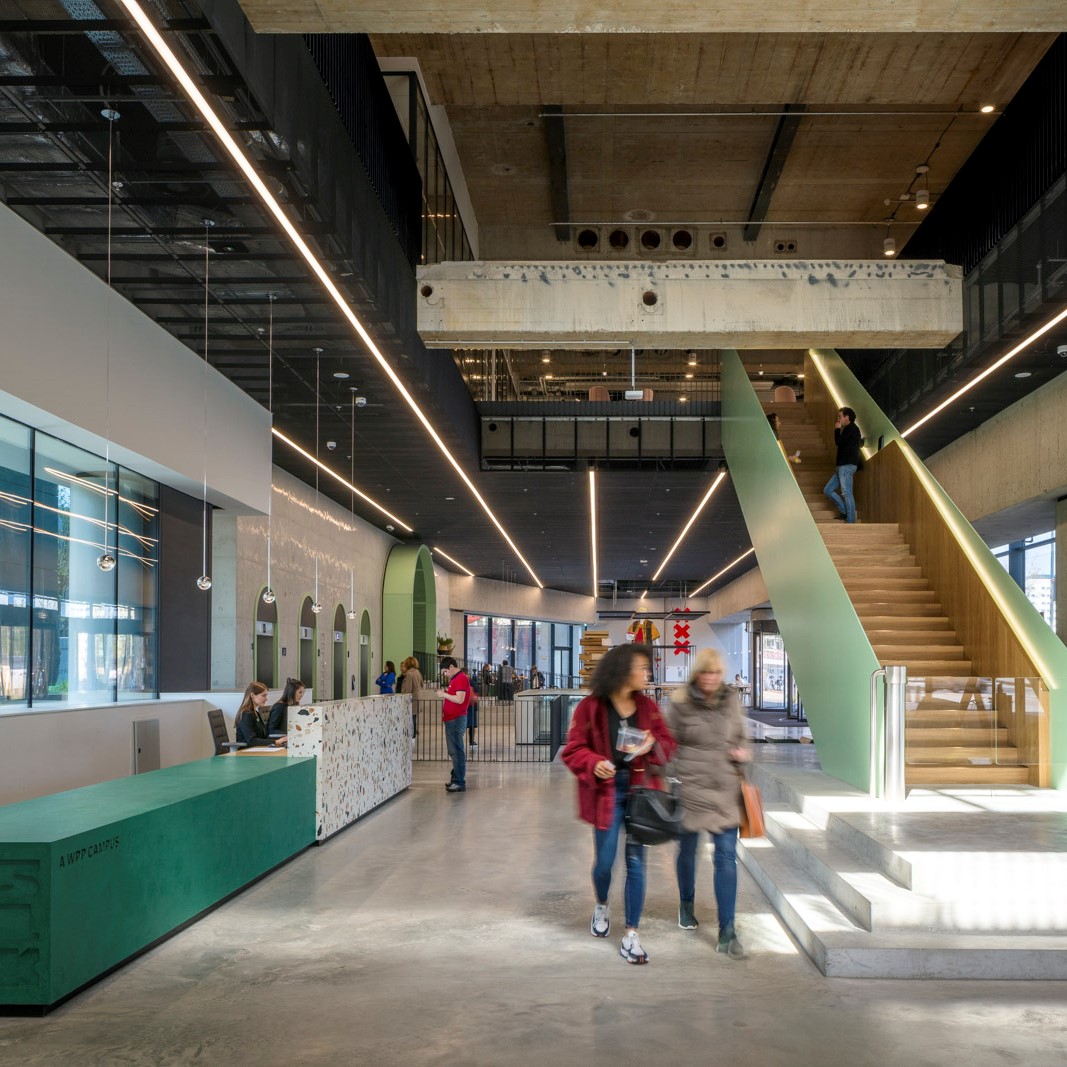July 5, 2019
Four day week makes business sense, claims Henley report
 A four day working week could save UK businesses an estimated £104 billion annually, while improving productivity and their environmental performance according to new research from Henley Business School. The research claims that a shorter working week on the same pay could add to businesses’ bottom lines through increased staff productivity and an uplift in staff physical and mental health, whilst also resulting in a cleaner environmental footprint. Henley’s ‘Four Better or Four Worse?’ white paper exploring the issue claims that of those businesses who have already adopted a four day week, nearly two-thirds (64 percent) have reported improvements in staff productivity. (more…)
A four day working week could save UK businesses an estimated £104 billion annually, while improving productivity and their environmental performance according to new research from Henley Business School. The research claims that a shorter working week on the same pay could add to businesses’ bottom lines through increased staff productivity and an uplift in staff physical and mental health, whilst also resulting in a cleaner environmental footprint. Henley’s ‘Four Better or Four Worse?’ white paper exploring the issue claims that of those businesses who have already adopted a four day week, nearly two-thirds (64 percent) have reported improvements in staff productivity. (more…)

















 Firms in the FTSE 100 are on track to reach the target of 33 percent of women on boards by 2020 that was set by the
Firms in the FTSE 100 are on track to reach the target of 33 percent of women on boards by 2020 that was set by the 
 A significant proportion of the global population is concerned about the use of artificial intelligence (AI), with scepticism about its use by business greater than its use by government, a poll published by the
A significant proportion of the global population is concerned about the use of artificial intelligence (AI), with scepticism about its use by business greater than its use by government, a poll published by the
 According to
According to 


 For decades the trend among workplaces has seen employees moving out of individual offices and into open plan spaces. This has not always been successful, with the open-plan approach
For decades the trend among workplaces has seen employees moving out of individual offices and into open plan spaces. This has not always been successful, with the open-plan approach 







July 3, 2019
Getting a sense of productivity and motivation
by Jeff Revoy • Comment, Technology, Wellbeing, Workplace design